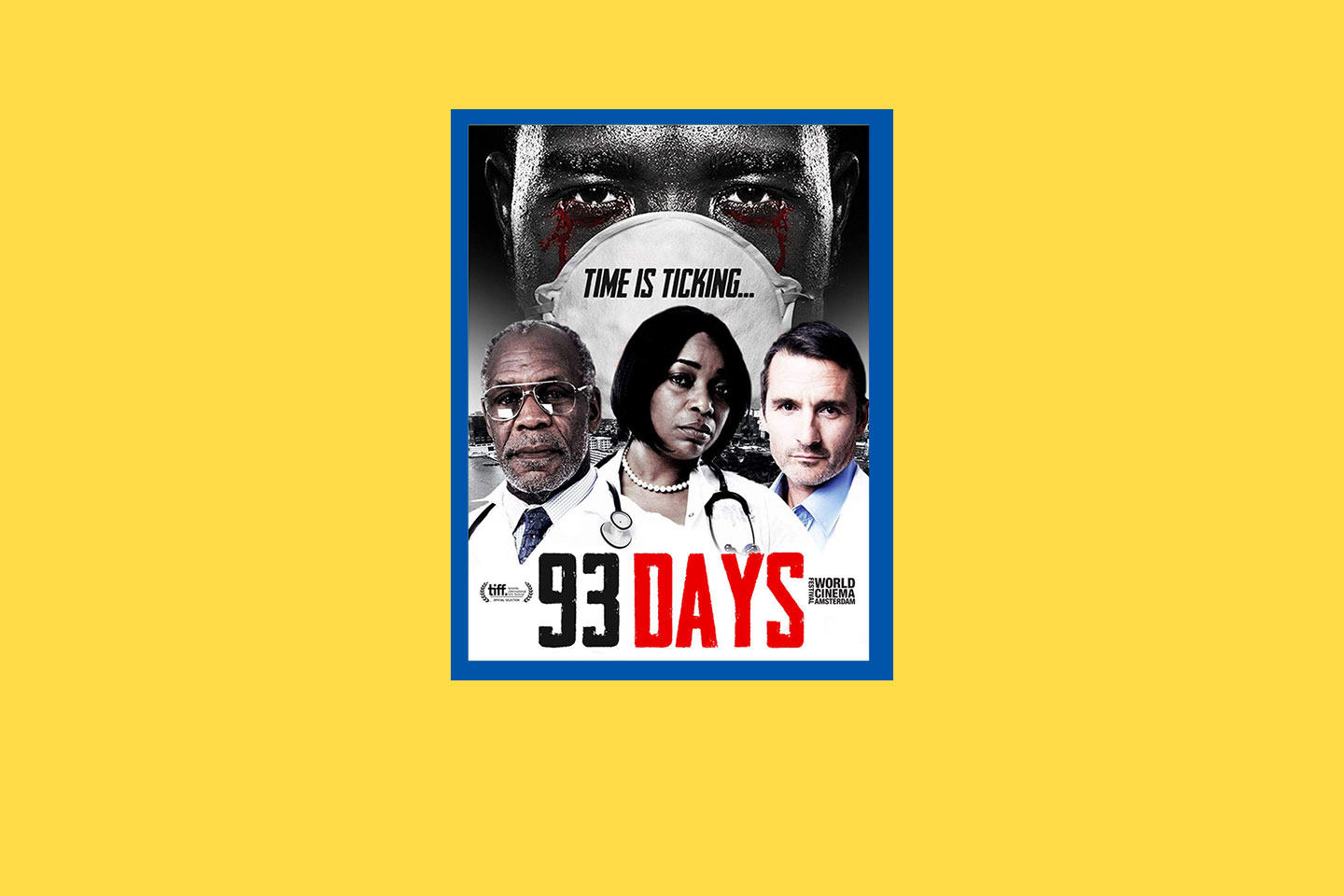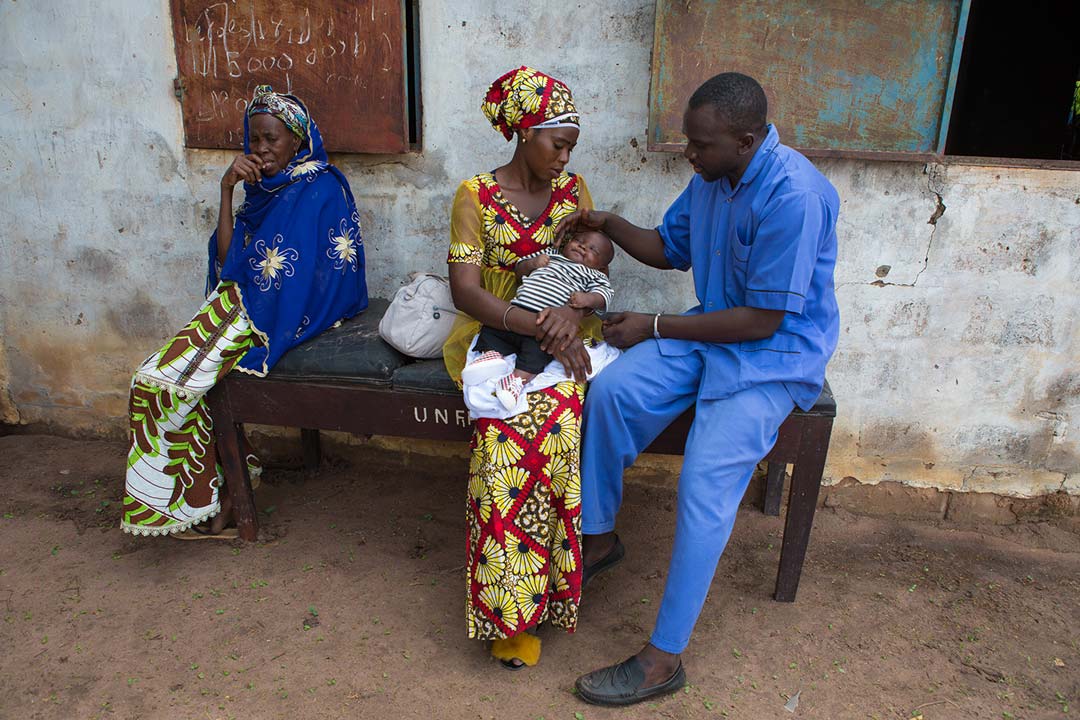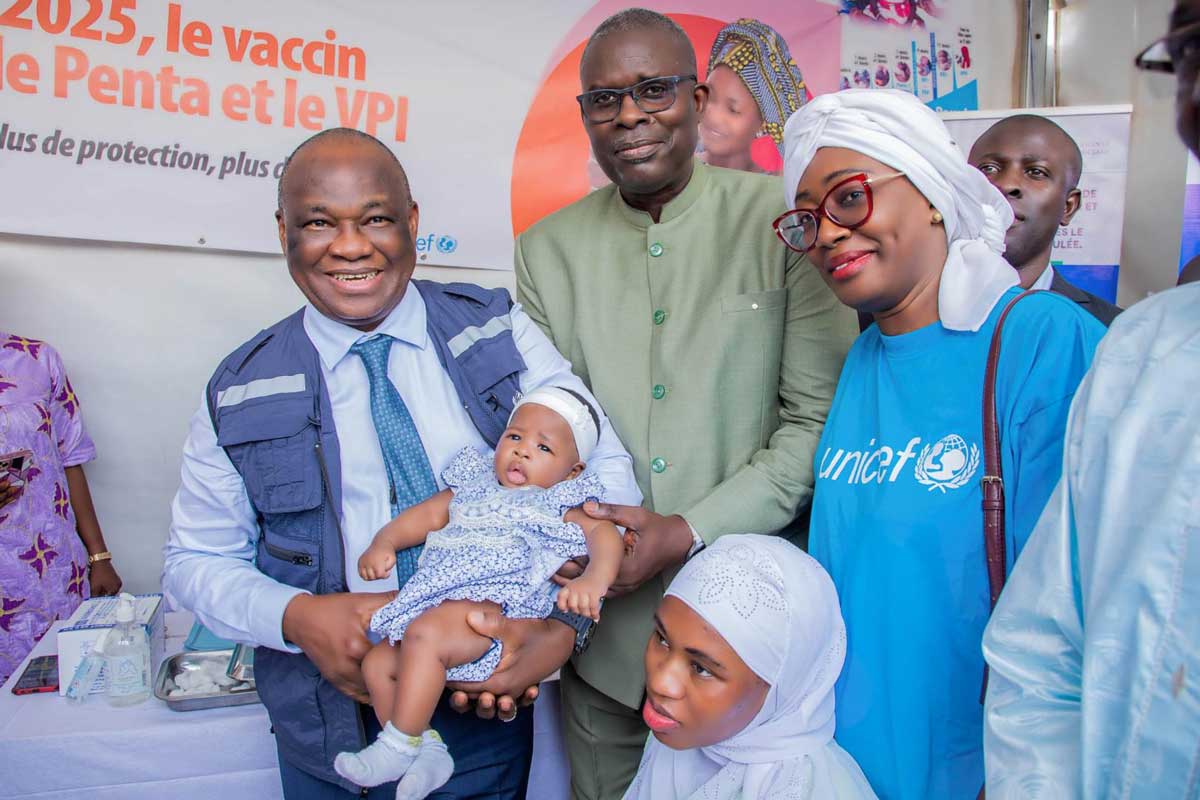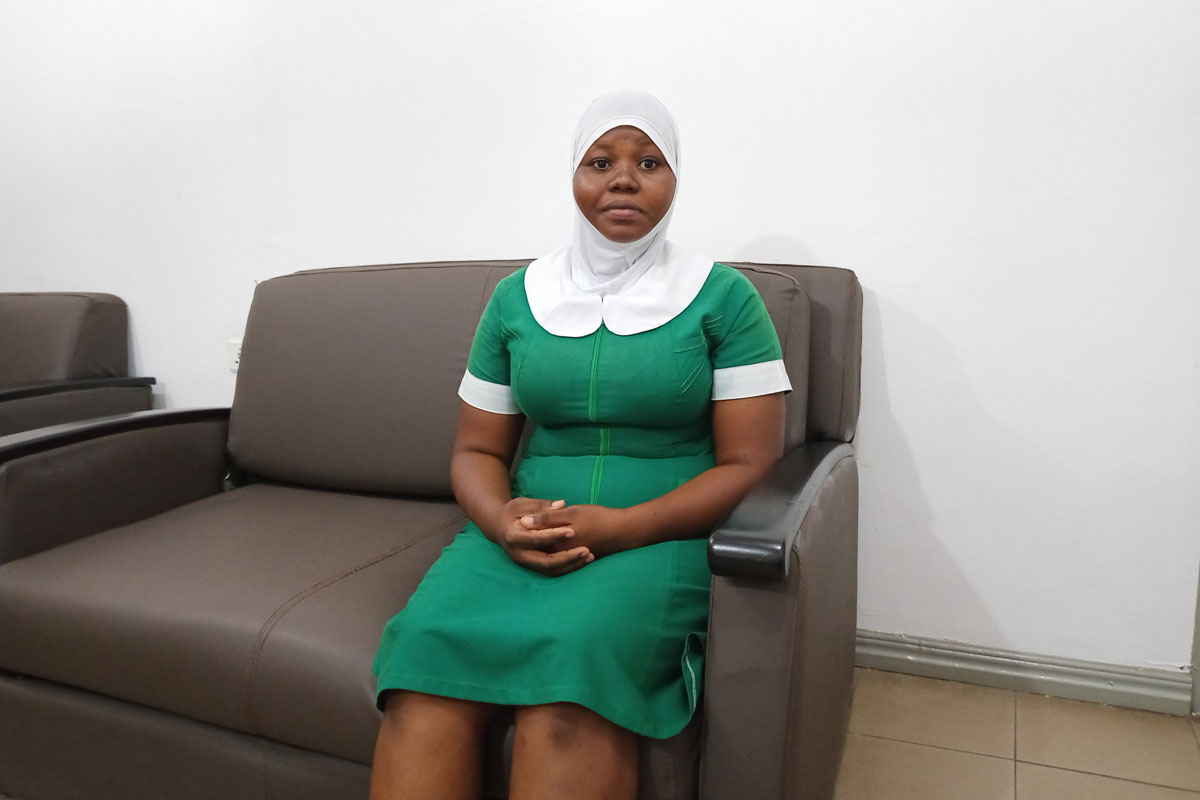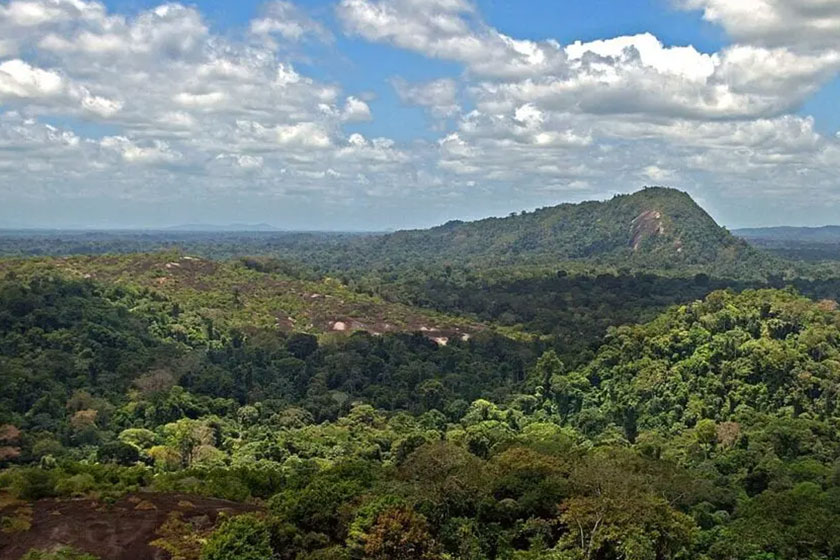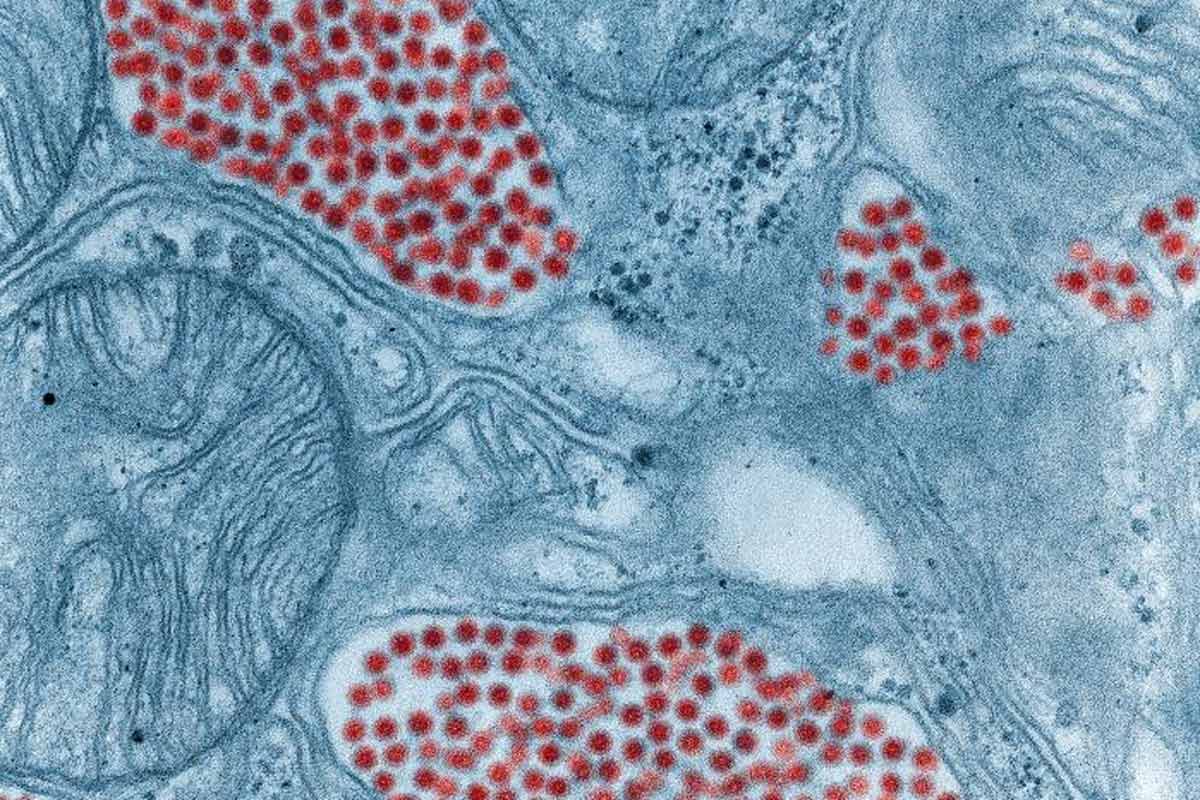Diamonds in the Sky – A Kunle Afolayan Gem
Kunle Afolayan gives a fresh insight into what it’s like to be a cancer patient in modern Nigeria, teaching vital lessons on the way.
- 27 September 2022
- 3 min read
- by Nteranya Sanginga
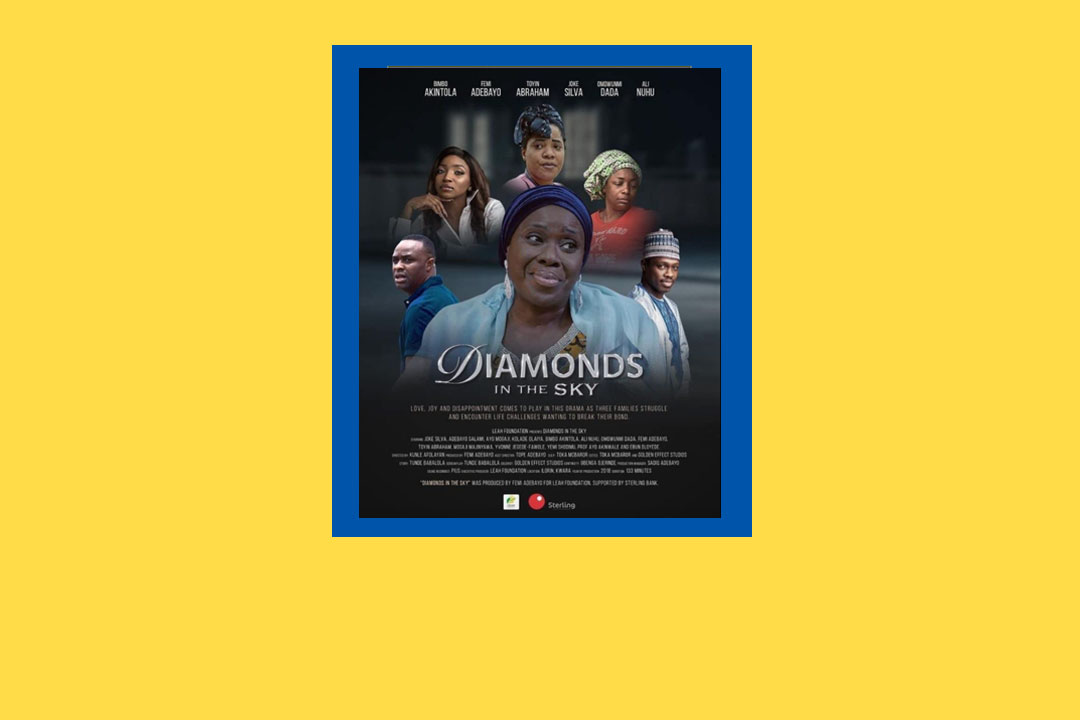
Diamonds in the Sky is a 2019 film that takes the audience through the lives of three Nigerian women, Aisha Dalhatu (played by Joke Silva), Labaka Aliyu (Bimbo Akintola), and Teniola (Omowunmi Dada), who each face cancer and the challenges that come with it. This 2019 Kunle Afolayan film weaves in health education with creative arts and a call for action from the audience.
At the beginning of the film, each woman finds themselves experiencing some frightening symptoms, but none of them takes the step to get tested out of fear. It is only when it becomes unbearable that the women find themselves searching for a diagnosis.
The true gem of the film is its emphasis on raising awareness, fighting stigmas and providing this important information to others.
Fear of finding a diagnosis is fuelled by a societal tendency to stigmatise people who are sick. Afolayan emphasises the different ways this stigma takes form across society. For Aisha, her colleagues knowing she was sick would have led to her authority being undermined. When Teniola’s fiancé’s family find out about her diagnosis, a once welcomed “soon-to-be-daughter-in-law” is insulted and vilified both in her absence and presence.
For Labake, the stigma and ensuing shame are twofold. Labake and her husband consult their local healer who, in disgust, labels her disease as death, inciting fear in both her and her husband. This fear provides the healer with an opportunity to manipulate the situation. As a result of this, Labake faces the stigma and shame of being violated by what is revealed to be a fraudulent healer.
Have you read?
Diseases like cancer can be costly to treat and this poses another challenge for people who do not have the financial means or flexibility to afford it. Because of this cost and the patient’s desperation to find a cure, people can be left vulnerable to scams that present themselves as alternative treatments that are not as effective in dealing with the disease. This helps to explain why Labake consulted the sham healer instead of going the formal health care route.
The latter half of the film delves deeper into health education for viewers. First, it introduces viewers to the LEAH Cancer Foundation and Centre in Ilorin that charged (at the time of filming) a subsidised fee of 500 naira (US$ 1.16) for diagnosis consultation. It then gives details on some of the types of cancer women can experience. They build on this knowledge by also outlining diseases that can lead to cancer and those that can parallel cancer symptoms – human papillomavirus (HPV) and cervical lesions respectively.
Cervical lesions can be understood as abnormal cells that grow on the cervix but are precancerous. According to Gavi the Vaccine Alliance, cervical cancer leads to the death of one woman every minute. Since “all cases of cervical cancer are linked to infection with certain types of human papillomavirus (HPV)”, Diamonds in the Sky cinematically underscores the necessity for the uptake of HPV vaccines in women through witnessing Teniola’s trials with her cancer diagnosis.
Diamonds in the Sky is an educational opportunity for all viewers on the resources available for cancer diagnosis and treatment. But the true gem of the film is its emphasis on raising awareness, fighting stigma and providing this important information to others. Having this information known allows for more women to take agency in their health and support the health sector in leaving no one behind.
